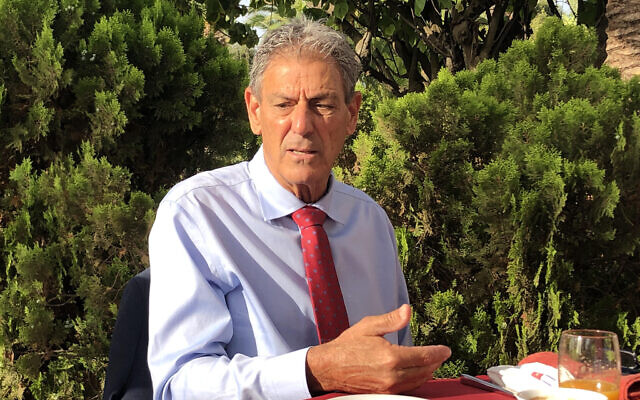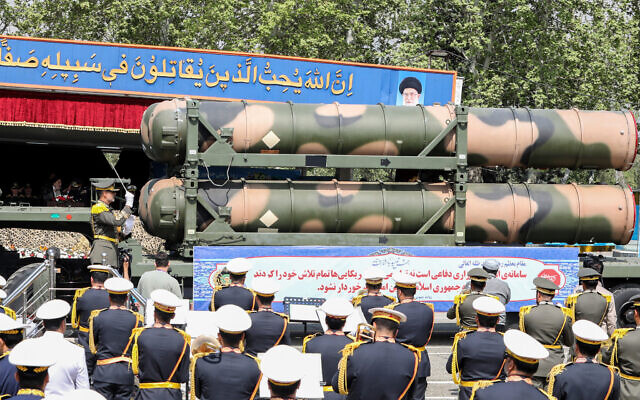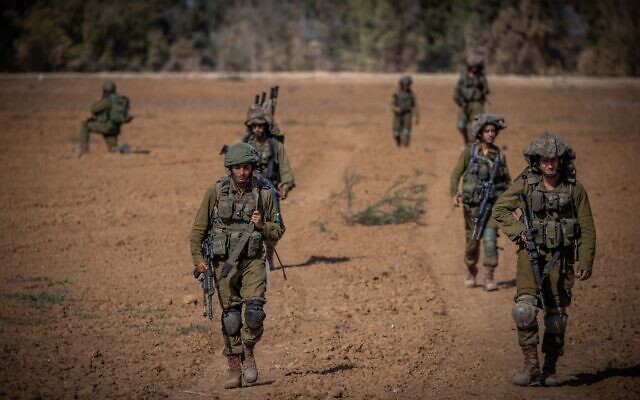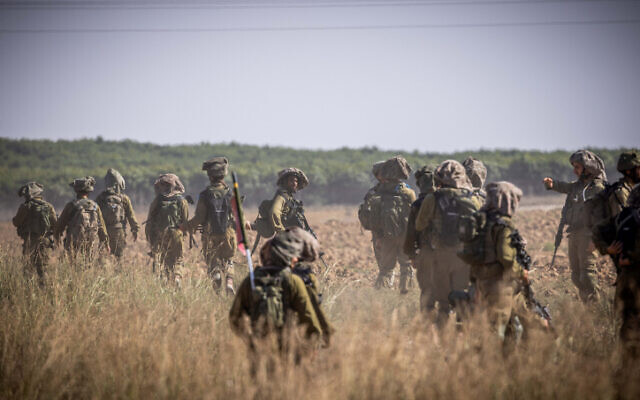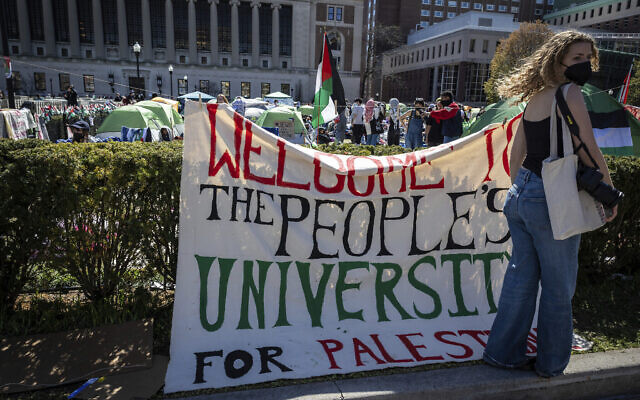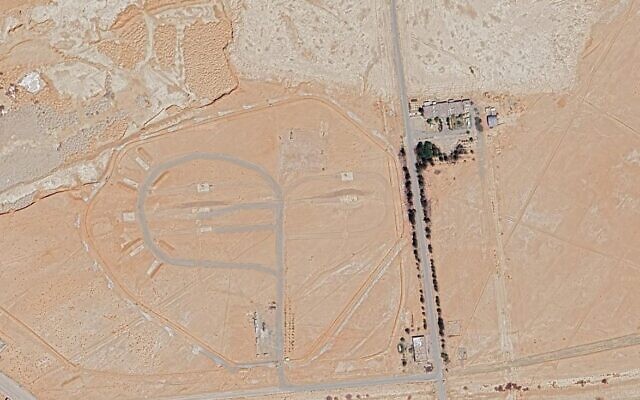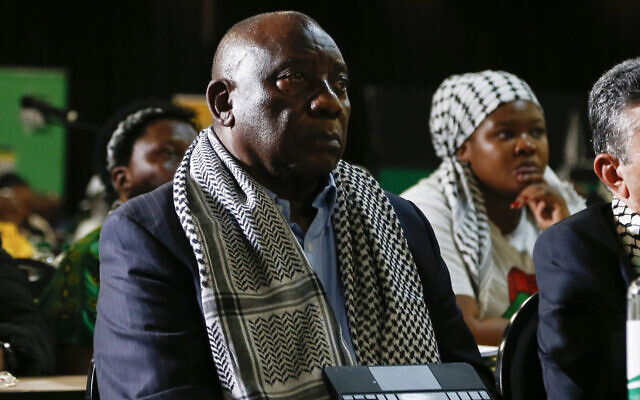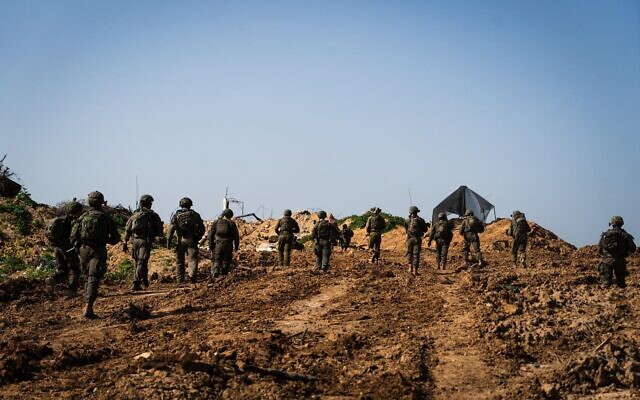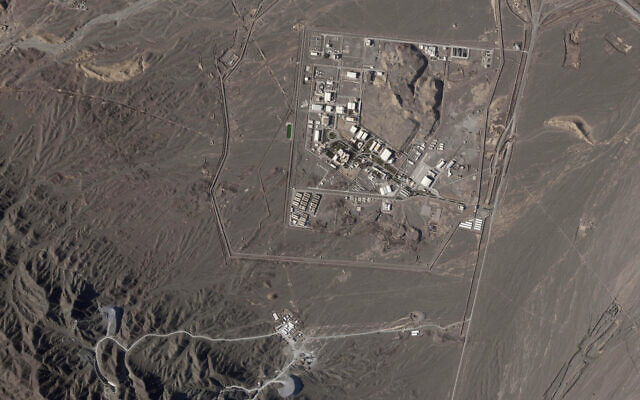Top MK: US leak saying Israel admits hit on Iran colonel may harm trust, isn’t true
Ram Ben-Barak denies Israel took responsibility for Sunday’s killing in Tehran of IRGC’s Khodaei; Israeli officials believe American counterparts talked to New York Times
Lazar Berman is The Times of Israel's diplomatic reporter
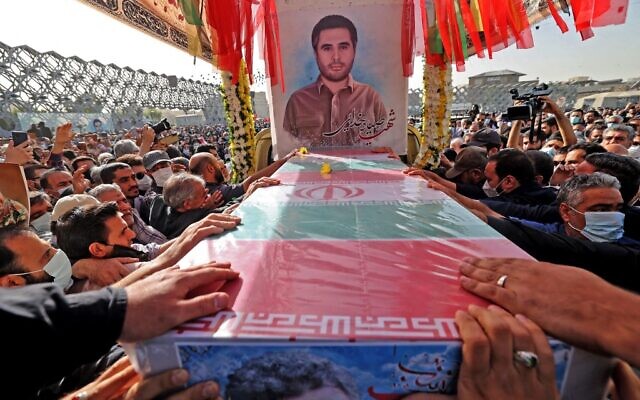
Israeli officials were infuriated Thursday by a leak to The New York Times about the assassination of a senior member of Iran’s Islamic Revolutionary Guard Corps, with a powerful Knesset committee warning that such leaks could damage US-Israeli cooperation.
“It mainly harms trust,” MK Ram Ben Barak, who heads the Foreign Affairs and Defense Committee, said during an interview Thursday morning on Israel’s 103FM radio station.
“We have very many close relationships and a lot of cooperation between us, which all depend on trust, and when it is violated in some way then it damages future cooperation,” he added. “I hope the Americans investigate the leak and figure out where it came from and why it occurred.”
Ben-Barak also said he hoped the leak was a one-off event and not US policy.
“By the way, this isn’t the first time — the story of the bombing of the Syrian nuclear reactor was leaked to an American journalist,” he said.
In September 2007, Israeli jets bombed the Al Kibar reactor in Syria, a suspected nuclear site. The next month, The New York Times published a series of articles based on information attributed to anonymous US intelligence sources.
Ben Barak, a former deputy chief of the Mossad spy agency, denied the report that Israeli officials told their American counterparts that they were responsible for the killing of the Iranian colonel, Hassan Sayyad Khodaei.
“As far as I know, we did not inform anyone or take responsibility, and that is for the best,” he said.
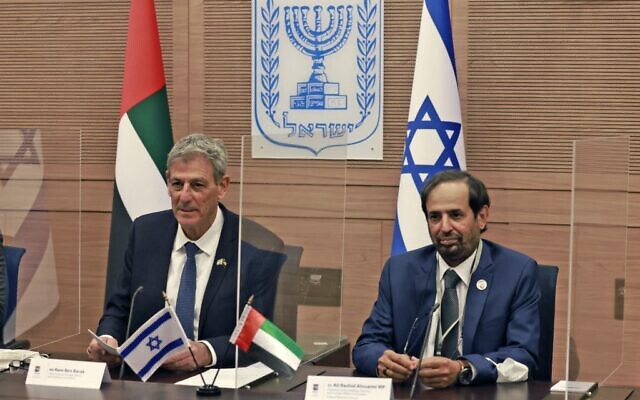
An unnamed intelligence official told the Times on Wednesday that Israeli officials had passed along information about the killing of Khodaei, who was shot dead outside his Tehran home on Sunday.
The report did not specify which country the intelligence official represented, but according to Ynet, the Israeli security establishment believes the source was American and was furious about the leak. Israeli officials told the Hebrew news site that they were demanding answers from their American counterparts, as the Times report places responsibility for the killing solely on Israel and absolves the US of having played any role. The officials expressed concern that the report might lead to a spike in Iranian attacks against Israeli targets.
According to the Wednesday Times report, Israeli officials claimed Khodaei was deputy head of the so-called Unit 840, a shadowy division within the Iranian Revolutionary Guard Corps’s expeditionary Quds Force that carries out kidnappings and assassinations of figures outside of Iran, including against Israelis. Khodaei was specifically in charge of Unit 840’s Middle East operations, but he had been involved in attempted terror attacks against Israelis, Europeans and American civilians and government officials in Colombia, Kenya, Ethiopia, the UAE and Cyprus in the last two years alone.
His killing was meant to warn Iran that the group should stop its activities, the intelligence official quoted in the report said.
Iran has never publicly acknowledged the existence of Unit 840 and maintains that Khodaei played a completely different role in the IRGC after joining as a teen, voluntarily enlisting during the Iran-Iraq War and later fighting against Islamic State in Syria on behalf of the Quds Force.
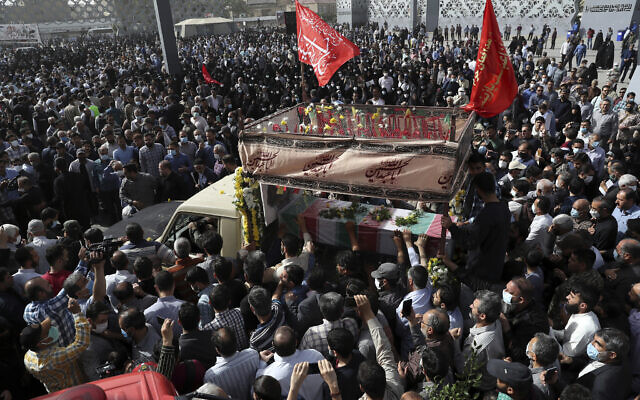
Two people affiliated with the IRGC told the Times that Khodaei went on to play a key role in the transportation of drone and missile technology to Iran-backed militias in Syria and to Hezbollah fighters in Lebanon. He also served as a tactical adviser to the Syria-based militias.
However, they noted that Khodaei wasn’t well known outside Iranian security circles and didn’t have a security detail, which would be typical for a senior military official.
On the other hand, senior Quds Force members typically use an alias in the countries they operate, and Khodaei went by “Colonel Shekar,” a Telegram channel affiliated with the IRGC unit was quoted as saying, using the Persian word for hunter.
Quds Force commander Esmail Ghaani attended his funeral on Tuesday, another possible indicator of Khodaei’s stature.
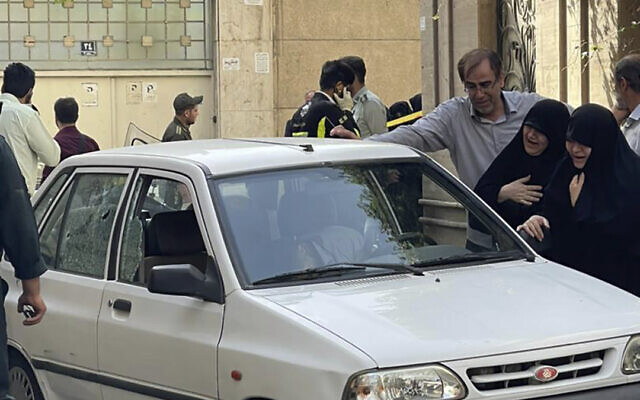
The plan to target Khodaei may date back to at least July 2021, with Israeli intelligence and military officials telling the Times that that was when the Mossad abducted an Iranian named Mansour Rasouli, whom the IRGC had recruited as a hitman.
The Mossad agents sought to extract information from Rasouli about the chain of command in Unit 840, according to the Israeli officials.
Israel then leaked the story of the abduction to the Saudi-funded Iran International — a London-based Persian-language news channel — in an effort to highlight its ability to penetrate Iranian security circles and spook Tehran into stopping the operations of Unit 840, the officials told the Times.
Rasouli denied the account in a video posted on social media and BBC and claimed his attackers tortured him, threatened to kill him and his family, and forced him to confess to receiving money from the IRGC to carry out assassinations in Europe.
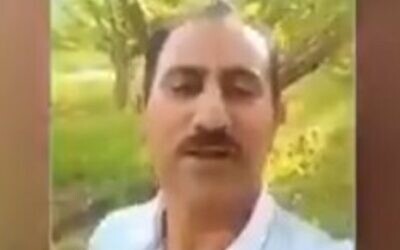
Iranian state media called the report on Rasouli’s abduction a “fictional tale” at the time, but on Monday announced that authorities had arrested a number of suspects accused of spying for Israel and kidnapping and extracting forced confessions from Iranians.
Khodaei was shot five times in his car by two unidentified gunmen on motorbikes in the middle of Tehran on Sunday.
Iranian authorities have yet to pin down the suspects, even though the incident took place in the heart of one of the most secure areas in Tehran — Mohahedin-e Eslam Street, home to other senior officials in the IRGC and its elite Quds Force.
Israel, which has made no official comments on the incident, has reportedly raised the security alert level at its embassies and consulates around the world, fearing a retaliatory Iranian attack.
Khodaei’s assassination was the most high-profile killing inside Iran since the November 2020 killing of top nuclear scientist Mohsen Fakhrizadeh.
Times of Israel staff contributed to this report.


